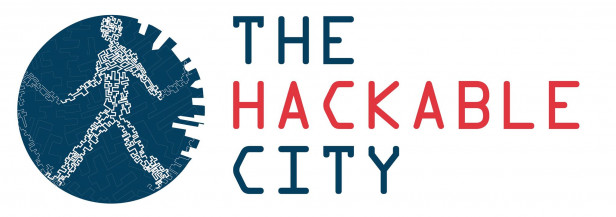The Hackable City is a research project that explores the potential for new modes of collaborative citymaking, in a network society.
The Hackable City

What is the goal of the project?
The Hackable City is a research project that explores the potential for new modes of collaborative citymaking, in a network society. The team's primary case study is Buiksloterham, a brownfield regeneration project in Amsterdam North. Our approach is hands-on. We actively take part in activities in and around the neighborhood. Below, we share our field notes, reflections and insights. Think of it as us thinking out loud, iteratively combining our theorizations towards a framework of what we have called hackable citymaking.
The goal of this research project is to explore the opportunities as well as challenges of the rise of new media technologies for an open, democratic process of collaborative citymaking. How can citizens, design professionals, local government institutions and others employ digital media platforms in collaborative processes of urban planning, management and social organization, to contribute to a liveable and resilient city, with a strong social fabric?
Who initiated the project and which organizations are involved?
The current research team consists of:
Lipika Bansal (Researcher, Pollinize); Matthijs Bouw (Researcher, Director One Architecture); Tara Karpinski (Embedded Researcher, University of Amsterdam); Froukje van de Klundert (Embedded Researcher, University of Amsterdam & One Architecture); Michiel de Lange (Researcher, Utrecht University); Karel Millenaar (Designer, AUAS); Martijn de Waal (Project leader, University of Amsterdam / Amsterdam University of Applied Sciences).




